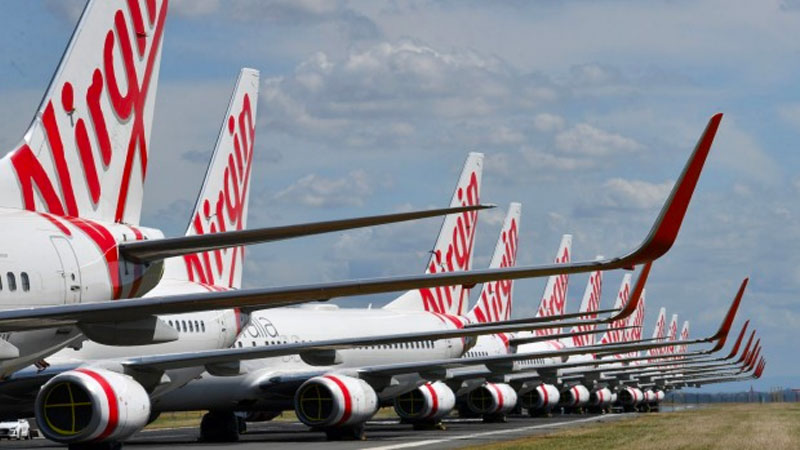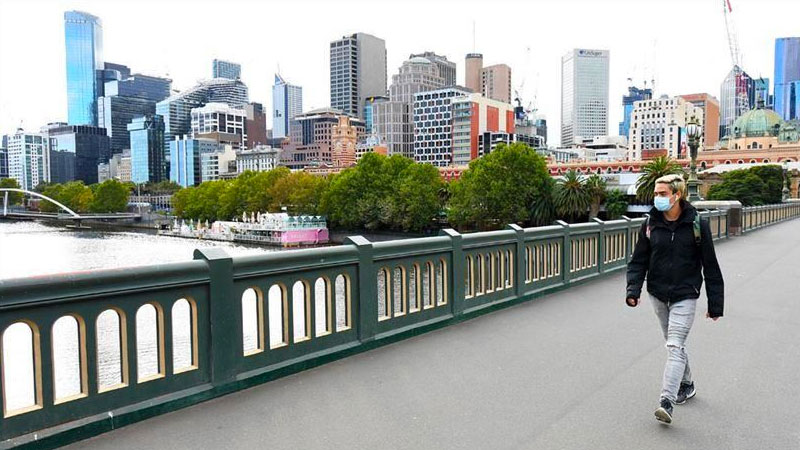Domestic Travel May ‘Fully Replace’ International Tourism
Australians taking advantage of regional holiday spots and city hubs could provide higher hotel demand than if international borders were open, according to hotel analysts Dransfield.
Since the beginning of the year and the sudden surge of coronavirus pandemic, few industries have fallen as far and as fast as the $80 billion domestic tourism sector, which is reliant on travellers to keep businesses afloat.
Non-essential travel remains firmly in place with a small number of domestic flights continuing during the crisis with the federal government not likely to open interstate leisure travel until the third stage of Covid-safe rules have been relaxed.
Across the country hotel occupancy rates have tumbled to about 20 per cent, according to hotel analysts STR, with more than 400 hotels temporarily closed.
Prior to the pandemic, Sydney and Melbourne had both enjoyed healthy occupancy rates of 87 per cent and 83 per cent respectively.

With mass international travel all but closed off for the foreseeable future, domestic travel is now seen as a catalyst for the ailing tourism sector and broader economy.
Many hotel and tourism operators are now eyeing off the $54 billion spent by the almost 10 million Australian international travellers annually, hoping that can be rerouted into local destinations.
Dransfield forecasts that after four months of extreme declines, accommodation demand is expected to start picking up from September when the easing of domestic travel restrictions takes effect.
According to its analysis, across 2019 approximately 274 million nights were spent in the country by international inbound visitors, but surprisingly the portion of hotel nights spent remained relatively low, representing 23 per cent of total hotel nights.
Those who opted to travel domestically represented a balanced figure, equating to 24 per cent of the hotel nights spent.

“We hypothesise that closing most international travel from or to Australia may provide higher net Australian demand than if borders were open,” Dransfield said.
“Estimated domestic replacement in hotels could be considerably higher than the loss of international nights in both the cities and regions, and by some margin.”
On average, domestic guests account for about 70 per cent of hotel revenue with 30 per cent coming from overseas visitors.
Dransfield also highlighted it would probably be until mid-2021 before a more meaningful revival in demand was seen in line with a resumption of international flights and the ending of all travel bans and social distancing measures.
According to recent figures from the Australian Bureau of Statistics, the full impact of the border closures from coronavirus has resulted in a fall of $1.3 billion in international tourism spend across the March quarter.
The Australian Tourism Industry Council projects that the domestic visitor market, worth about $100 billion a year to the Australian economy, is currently losing between $7 billion and $9 billion a month.














